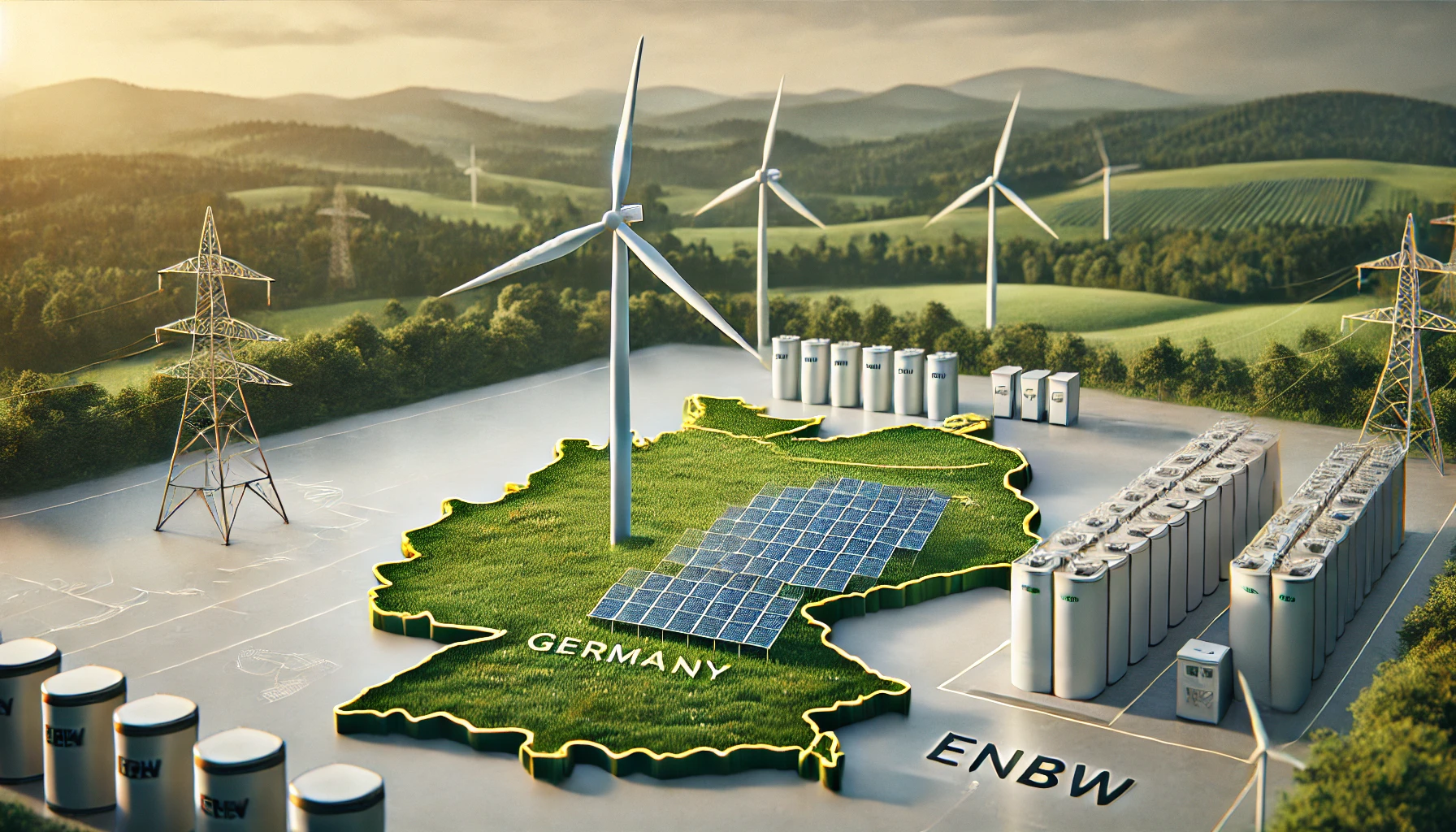EnBW’s future prospects are pivotal in Germany’s transition to renewable energy, as the company plays a central role in the nation’s Energiewende (energy transition). Positioned at the forefront of the Energiewende (energy transition), EnBW aims for a sustainable future while navigating significant challenges. This article explores what EnBW is, its latest updates, future scenarios, and associated advantages and risks.
Who Is EnBW? A Company Overview
Founded in 1997 and headquartered in Karlsruhe, EnBW is one of Germany’s largest energy providers. It operates in four primary sectors:
- Renewable Energy: Leading in wind and solar park development.
- Energy Supply: Providing electricity and natural gas to industrial and residential customers.
- Electric Mobility: Developing charging infrastructure for electric vehicles.
- Energy Storage: Innovating solutions to manage renewable energy output effectively.
Although publicly traded, EnBW’s shareholding is dominated by the State of Baden-Württemberg and a local municipalities’ association, leaving limited shares available for public trading.
Latest News About EnBW
Recent months have seen EnBW announce key developments:
- New Battery Storage Facility: EnBW is constructing its largest-ever energy storage system in Marbach, Germany. The facility, expected to become operational by 2025, will have a 100 MWh capacity and 100 MW output, enough to power 12,500 homes for 24 hours.
- Financial Performance in 2024: The company reported a 24% drop in adjusted EBITDA during the first half of 2024, amounting to €2.59 billion. Despite lower margins, EnBW maintained its full-year projections, demonstrating resilience amid economic challenges.
What Might Happen in the Future?
EnBW is at the heart of an energy transition with both opportunities and risks:
Positive Aspects of EnBW’s Future
- Growth in Renewables: With the EU targeting carbon neutrality by 2050, EnBW is well-positioned to capitalize on increasing investments in green energy.
- Technological Innovation: Leadership in energy storage and offshore wind farms could cement its status as a renewable energy pioneer.
Challenges and Risks Ahead
- Regulatory Constraints: Changing regulations might increase operational costs and pressure margins.
- Global Competition: Rising competition from international energy players may challenge EnBW’s market position.
- Economic Fluctuations: Vulnerability to shifts in energy prices and economic conditions could pose additional risks.
EnBW and the Future of Energy
EnBW is a key player in Germany’s energy transition, combining ambitious goals with significant challenges. Its commitment to renewable energy and innovation creates promising opportunities, but economic and competitive risks remain significant.
While 2024 served as a year of stabilization, 2025 will be critical in determining whether EnBW can sustain its leadership in the European energy market.
For more updates and news, click here to stay informed!

